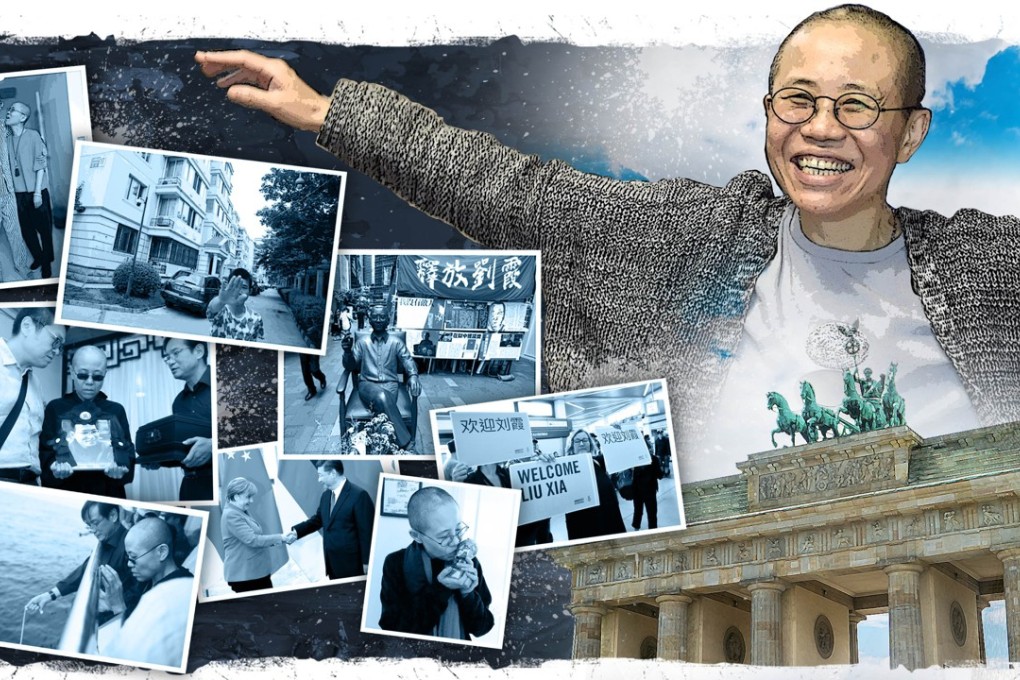Exclusive | The quiet diplomats: how Germany kept up pressure on China to free Liu Xia
More than a year of aggressive behind-the-scenes manoeuvring between Berlin and Beijing paid off with the release of the widow of Nobel Peace Prize laureate Liu Xiaobo

It had to travel half a world but in April last year a plea from Chinese poet Liu Xia reached the hands of German Chancellor Angela Merkel.
Liu Xia, the wife of imprisoned Nobel Peace Prize winner Liu Xiaobo, was under de facto house arrest in Beijing and had written a note clearly expressing her desire to leave China and settle in Germany with her husband and brother.
The note was handed to Merkel by the chancellor’s long-time friend, singer-songwriter Wolf Biermann and included an appeal on Liu Xia’s behalf by the poet’s friend and Berlin-based exiled Chinese writer Liao Yiwu.
“I am all the time in contact with Merkel. She grew up in the beginning in dictatorship and nobody has to teach her what it means,” Biermann said.
That spring day was the end of a long-distance effort to directly petition one of the world’s most powerful politicians. It was also the start of an aggressive 15-month campaign of quiet German diplomacy that resulted in Liu Xia’s release and arrival in Europe on July 10.
Widespread awareness of her ordeal contributed to her release but it was the back-door diplomatic efforts that finally paid off, experts said.